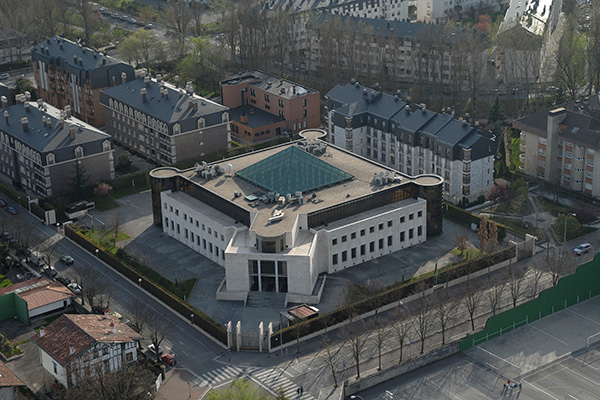Original version in Spanish: La ayuda internacional de gobiernos subnacionales y el caso particular de España
Summary
The official development aid (ODA) of subnational governments around the world totalled nearly US$2 billion in 2015, according to the Development Assistance Committee (DAC). In the last five years, this kind of aid has experienced a slight upward trend, both in absolute and relative terms. However, analysing the current figures in the light of studies undertaken 10 years ago, it appears that the phenomenon has doubled in magnitude in terms of both the volume of finance and the number of countries involved.
Spanish Autonomous Communities (regions) and municipalities gave some US$220 million in development assistance in 2015. This accounts for a third of total Spanish bilateral ODA, making Spain the world’s most decentralised donor.
In absolute terms there are other national donors with higher amounts of decentralised aid. Germany, for example, gives nearly US$1 billion a year this way –more than all Spanish bilateral ODA–. Almost all of it is directed at financing (nearly completely) the costs of foreign students in Germany itself. Canada (the second most decentralised donor) and Austria (the fourth) also have significant decentralised ODA spending realised in their own territories, including refugee assistance.
In contrast, in Spain (as in Switzerland) the regions and localities channel nearly all their aid through NGOs. This also occurs in the UK and Japan, although in Japan there is practically no decentralised aid.
There exists a third type of decentralised donor –represented by France and, to a lesser extent, Belgium– that targets its aid to finance its own technical cooperation with counterpart entities in developing countries. According to international and European doctrine, under this modality of development cooperation, the regions and cities can make a large contribution to development through the exchange of experience, knowledge and innovation. This notion has been reinforced within the context of Agenda 2030. Decentralised cooperation is also gaining attention within the EU, the OECD and the UN.
Aitor Pérez
Senior Research Fellow, Elcano Royal Institute | @aitor_ecoper



